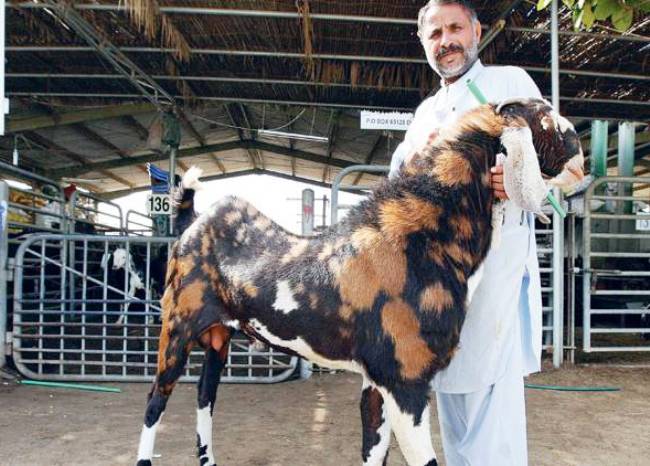In this post I shall mention the verses from the Holy Quran which reflect the importance of Sadqa. Though Sadqa (Voluntary Charity) is not compulsory like Zakaat (Compulsory Charity) yet it is highly preferred in Islam. There is a plethora of evidence from the Holy Quran and the ahadith which show the importance and the multiple benefits of Sadqa.
Sadqa can be of many types, such as giving food, money or clothes to the needy, feeding the birds, giving donations to Mosques and madrassas, giving aids to hospitals or sacrificing a goat or a cow. According to a recent research conducted on this topic-
Nearly 65.5% have said that they opt for sacrificing an animal (cow or goat) as a Sadqa.
85% of the respondents said that they offer Sadqa for healing whereas 84.8% respondents commonly believed that Sadqa can cure diseases.
So we find that even during the present times, when modern western medicine prevails to quite some extent, Muslims are fortunately aware about the healing power of Sadqah.
Here are some of the Quranic verses related to Sadqah of animals:
‘In them (cattle offered for sacrifice) are benefits for you for an appointed term, and after wards they are brought for sacrifice unto the ancient House’ (the Haram- sacred territory of Makkah city) (TMQ-22:33)
‘And We ransomed him with a great sacrifice’. (i.e. a ram) (TMQ-37:107)
‘And perform properly (i.e. all the ceremonies according to the ways of Prophet Mohammad (pbuh)the Hajj and Umrah (i.e.the pilgrimage to Makkah) for Allah. But if you are prevented (from completing them), sacrifice a Hady (animal, i.e. a sheep, cow goat, etc) such as you can afford and do not shave your head until the Hady reaches the place of sacrifice….’(TMQ-2:196)
That they may witness things that are of benefit to them (i.e. reward of Hajj in the Hereafter and also some worldly gain from trade etc) and mention the Name of Allah on appointed days (i.e. 10th, 11th, 12th and 13th of Dul-Hijjah) over the beast of cattle that He has provided for them (for sacrifice) (at the time of their slaughtering by saying: Bismillah, Wallahu-Akbar, Allahumma Minka wa Ilaik). Then eat thereof and feed therewith the poor who have a hard time’. (TMQ-22:28)
Sacrificing an animal has been an integral part of Islam. In order to In order to instill Tauhid (Oneness of Allah), Allah (swt) has prohibited sacrifice for anyone besides Himself. During the period of Jahilliyah the polytheists used to slaughter animals on the stone altars which stood in front of the deities around the Ka’aba. This was done with the objective of pleasing the deities. Islam put an end to this evil practice by prohibiting the slaughtering of an animal in other than Allah (swt)’s Name.












